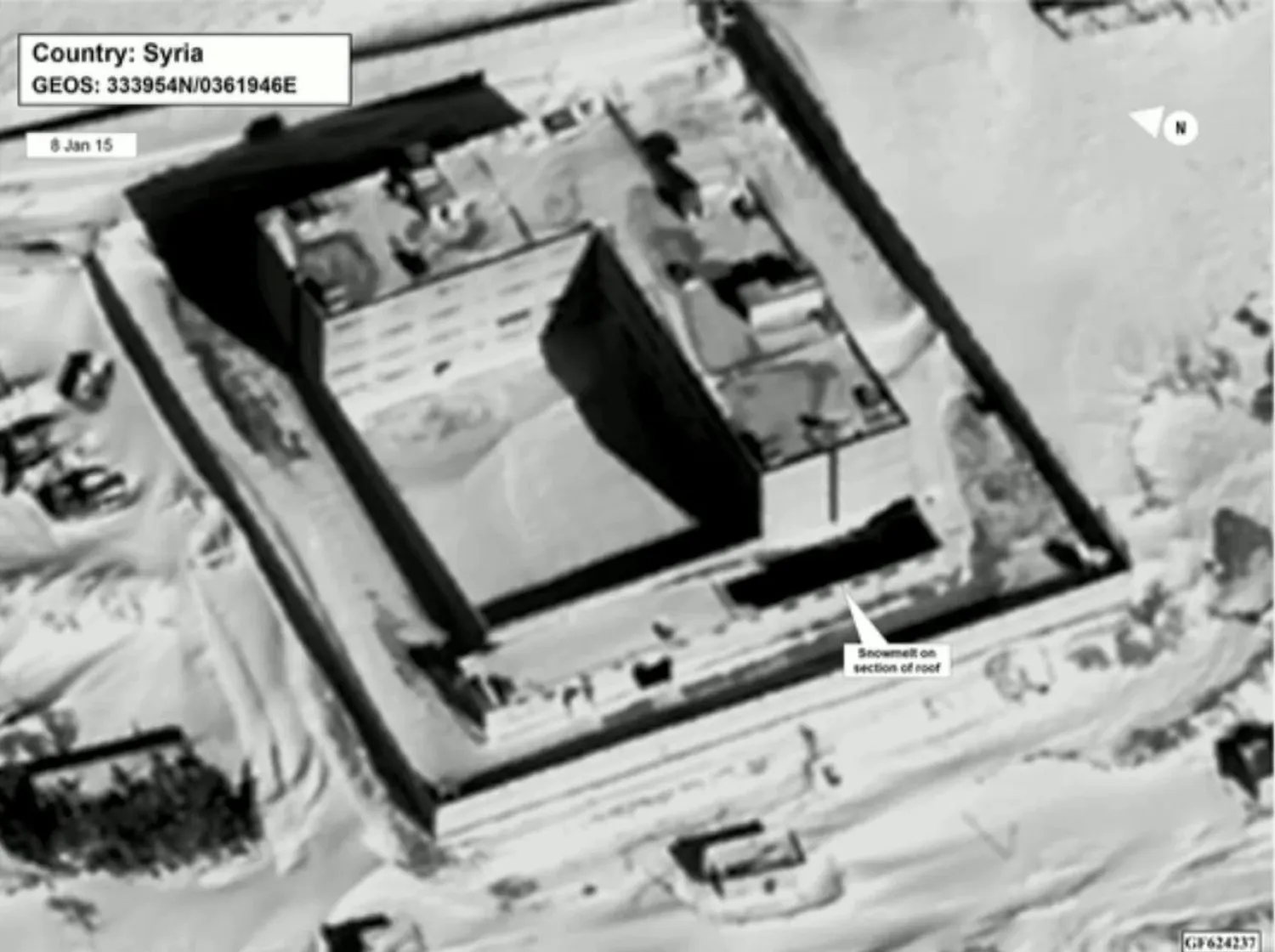US Vice President JD Vance will visit Armenia and Azerbaijan this week to push a Washington-brokered peace agreement that could transform energy and trade routes in the strategic South Caucasus region.
His two-day trip to Armenia, which begins later on Monday, comes just six months after the Armenian and Azerbaijani leaders signed an agreement at the White House seen as the first step towards peace after nearly 40 years of war.
Vance, the first US vice president to visit Armenia, is seeking to advance the Trump Route for International Peace and Prosperity (TRIPP), a proposed 43-kilometre (27-mile) corridor that would run across southern Armenia and give Azerbaijan a direct route to its exclave of Nakhchivan and in turn to Türkiye, Baku's close ally.
"Vance's visit should serve to reaffirm the US's commitment to seeing the Trump Route through," said Joshua Kucera, a senior South Caucasus analyst at Crisis Group.
"In a region like the Caucasus, even a small amount of attention from the US can make a significant impact."
The Armenian government said on Monday that Vance would hold talks with Prime Minister Nikol Pashinyan and that both men would then make statements, without elaborating.
Vance will then visit Azerbaijan on Wednesday and Thursday, the White House has said.
Under the agreement signed last year, a private US firm, the TRIPP Development Company, has been granted exclusive rights to develop the proposed corridor, with Yerevan retaining full sovereignty over its borders, customs, taxation and security.
The route would better connect Asia to Europe while - crucially for Washington - bypassing Russia and Iran at a time when Western countries are keen on diversifying energy and trade routes away from Russia due to its war in Ukraine.
Russia has traditionally viewed the South Caucasus as part of its sphere of influence but has seen its clout there diminish as it is distracted by the war in Ukraine.
Securing US access to supplies of critical minerals is also likely to be a key focus of Vance's visit.
TRIPP could prove a key transit corridor for the vast mineral wealth of Central Asia - including uranium, copper, gold and rare earths - to Western markets.
CLOSED BORDERS, BITTER RIVALS
In Soviet times the South Caucasus was criss-crossed by railways and oil pipelines until a series of wars beginning in the 1980s disrupted energy routes and shuttered the border between Armenia and Türkiye, Azerbaijan's key regional ally.
Armenia and Azerbaijan were locked in bitter conflict for nearly four decades, primarily over the mountainous region of Nagorno-Karabakh, an internationally recognized part of Azerbaijan that broke away from Baku's control as the Soviet Union fell apart in 1991.
Azerbaijan and Armenia fought two wars over Karabakh before Baku finally took it back in 2023. Karabakh's entire ethnic Armenian population of around 100,000 people fled to Armenia. The two neighbors have made progress in recent months on normalizing relations, including restarting some energy shipments.
But major hurdles remain to full and lasting peace, including a demand by Azerbaijan that Armenia change its constitution to remove what Baku says contains implicit claims on Azerbaijani territory.









